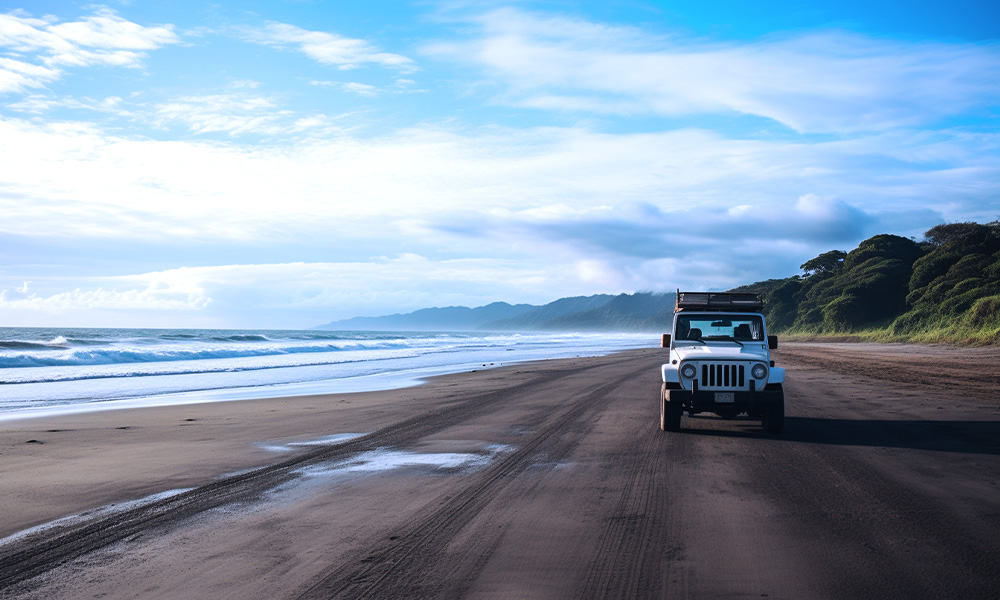In a recent report by the Ministry of Environment and Energy (MINAE) and the National System of Conservation Areas (SINAC), a stark warning was issued about the detrimental effects of driving vehicles on Costa Rica’s beaches. Highlighted as a major environmental threat, these practices have raised serious concerns among conservationists and government officials alike.
MINAE and SINAC are now calling for public cooperation to prevent unauthorized vehicle access in protected wildlife areas and other public beaches. This plea underscores the need to protect these critical ecosystems from further damage.
The environmental impact, unfortunately, extends beyond just our beaches. Wetlands, too, are feeling the pressure, amplifying the urgency for increased public awareness and responsible behavior among those visiting these natural treasures.
Despite their breathtaking beauty, Costa Rican beaches are more than just picturesque landscapes; they are vibrant ecosystems. Home to diverse macroinvertebrates like mollusks and crustaceans, these organisms play a vital role in recycling organic matter and maintaining the purity of our coastal waters and sands.
These small creatures are crucial in the food chain, serving as a primary food source for fish and seabirds. However, the pervasive issue of vehicles on beaches has repercussions that go beyond mere aesthetic concerns. The physical impact of vehicles, such as sand compaction, is causing a decline in these important populations, thereby reducing their beneficial ecological services.
Moreover, vehicles, especially those not properly maintained, introduce harmful pollutants into our marine environment. Substances like hydrocarbons, grease, oils, and asbestos pose a significant threat to our coastal ecosystems. The cumulative effect of these pollutants contributes to beach deterioration, increases harmful microorganisms, and raises health risks for individuals in contact with these areas.
Minister Franz Tattenbach Capra has voiced a strong message on the need for a collective reassessment of our actions, especially those that may seem insignificant but have far-reaching consequences on our vital coastal ecosystems.
The entry of 4×4 vehicles and ATVs, often due to ignorance or carelessness, is causing extensive damage. Minister Capra highlights the importance of community education regarding the severe environmental and life-threatening consequences of motorized vehicles on our coasts.
Another significant concern is the compaction of sand due to heavy vehicle usage, which adversely affects sand-dwelling organisms and disrupts the food chain, particularly for bird populations. SINAC and MINAE stress the importance of adhering to existing laws that prohibit motor vehicles on beaches, reiterating the critical importance of preserving these public zones for the health and enjoyment of future generations.






